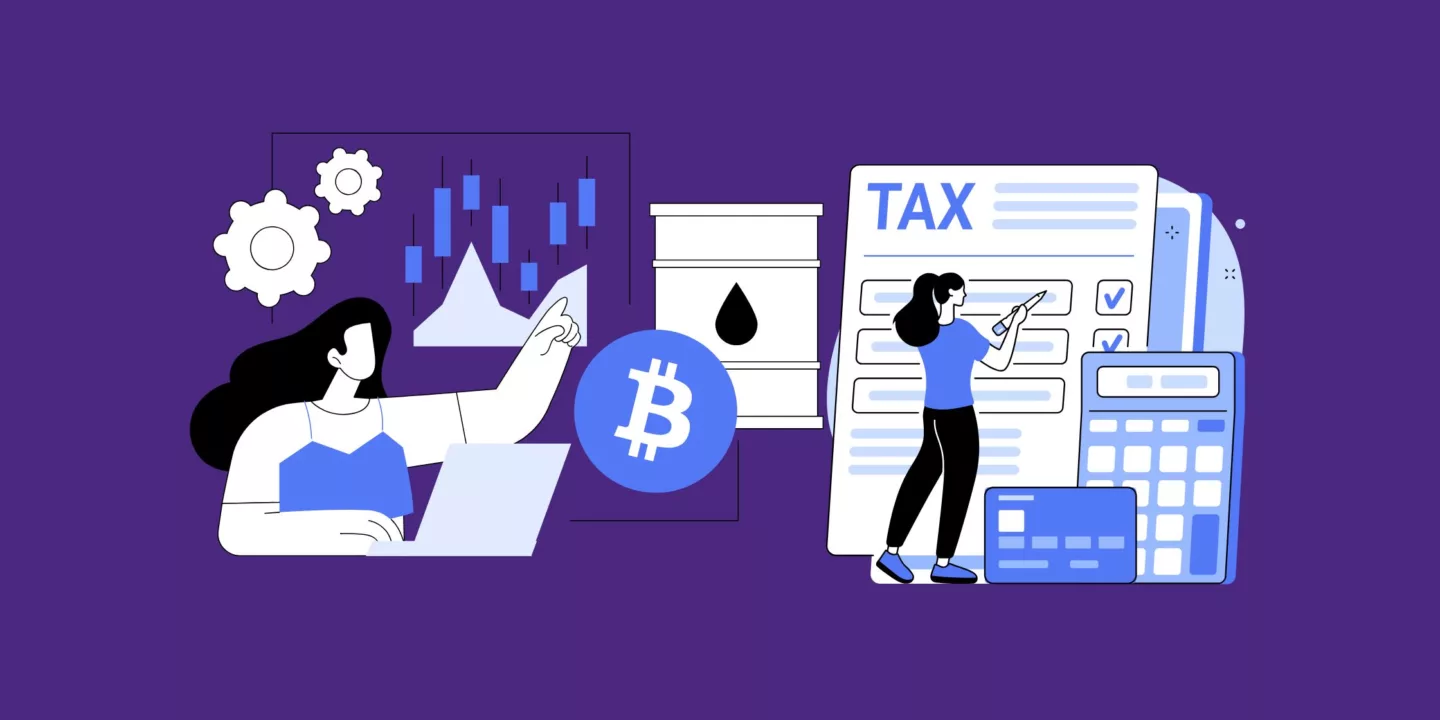
Cryptocurrency futures trading is gaining popularity in India. But with profits come taxes. The government has set clear rules on how these earnings are taxed. If you trade crypto futures, you must know how the tax system works. Here’s a crypto futures tax guide based on the updated tax regime.
The Indian government classifies cryptocurrency as a virtual digital asset (VDA). According to Section 115BBH of the Income Tax Act, profits from crypto trading are taxed at 30%.
However legal and tax experts are of two opinions regarding this.
However, Section 194S mandates a 1% TDS on payments for the transfer of VDAs, including perpetual contracts, suggesting that certain derivative instruments are considered under the VDA framework.
In the absence of specific guidelines, tax experts advise treating profits from crypto futures as business income, which may be taxed at slab rates or 30%, depending on the nature of the transactions and the taxpayer’s profile.
As of now, the Government of India has not issued an explicit clarification regarding the taxation of crypto futures under Section 115BBH of the Income Tax Act.
Until such clarity emerges, the safest route for crypto futures traders is to treat such profits with the same caution as direct crypto trades. That means applying the 30% tax, avoiding deductions, and ensuring full compliance.
Managing crypto taxes can be complex, but Mudrex makes trading easier with a secure, compliant, and user-friendly platform. Want to stay updated on market trends and tax regulations? Join the official Mudrex Telegram community and connect with experienced traders.
1. Do you pay tax on futures trading?
There is legal ambiguity about how much tax applies to crypto futures. This is because there is no clear legislation that clearly states whether Futures Contracts in Crypto are a Virtual Digital Asset or not. However, there is a 1% TDS that applies to trades above ₹50,000 (or ₹10,000 for some users).
3. Can I trade futures with crypto?
Yes, you can trade crypto futures on Indian and foreign exchanges. However, Indian platforms deduct TDS, while foreign exchanges do not, requiring traders to self-report income and pay taxes.
4. Is crypto futures trading legal in India?
Yes, crypto futures trading is legal but regulated under tax laws.
Disclaimer: The information provided in this article is for educational and informational purposes only. Nothing contained herein should be construed as financial, legal, tax, or investment advice. All content, opinions, and views expressed are solely for general information and do not constitute an offer to buy or sell any securities or financial instruments. Tax laws and regulations vary by jurisdiction and may change over time. Cryptocurrency taxation is complex and subject to interpretation. We strongly recommend consulting a qualified tax professional or financial advisor to understand the tax implications specific to your circumstances.